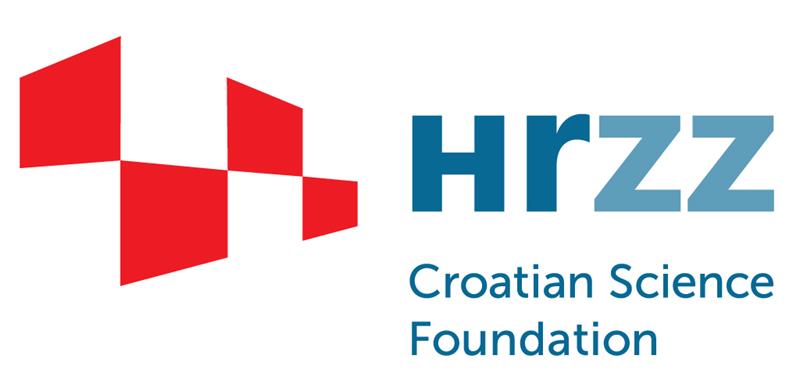The main goal of the project is to determine the current state of development of Croatian rural areas and their capacity for resilience against social-ecological challenges. Globalization processes, further aggravated by global ecological crisis, exert exogenous pressures on all parts of the world and Croatian rural areas are no exception. Post-socialist legacy, wartime destruction, transition to democratic liberal system, and accession to the European Union are just some of the endogenous challenges to the perspectives of rural development. However, while rural areas are regaining principal position in international developmental policies, there is a lack of systematic scientific research in Croatia that could inform national rural development strategies, which must be adapted to the local context. Furthermore, such strategies can only be successful if rural areas and their population are seen as active participants. In our research we, therefore, rely on new theoretical and methodological approaches, which define rural areas as dynamic social-ecological systems (RSES) with the capacity for adaptation and resilience. We especially rely on those authors who emphasize not only objective indicators of resilience but also focus on frequently neglected subjective dimension (social, cultural and human capital).
In our research we use mixed methodology: 1) desk research, to determine objective indicators of resilience of Croatian RSESs, 2) survey research, to examine subjective indicators of resilience of Croatian RSESs on a representative national sample, and enable comparison between them and with urban areas, and 3) 200 deep semi-structured interviews with local population and relevant actors across all Croatian regions, for an in-depth analysis of coping mechanisms in everyday lives. The overall result of the project will be a constructed and analyzed model for resilience index measurement for Croatian rural areas comprised of objective and subjective indicators.


